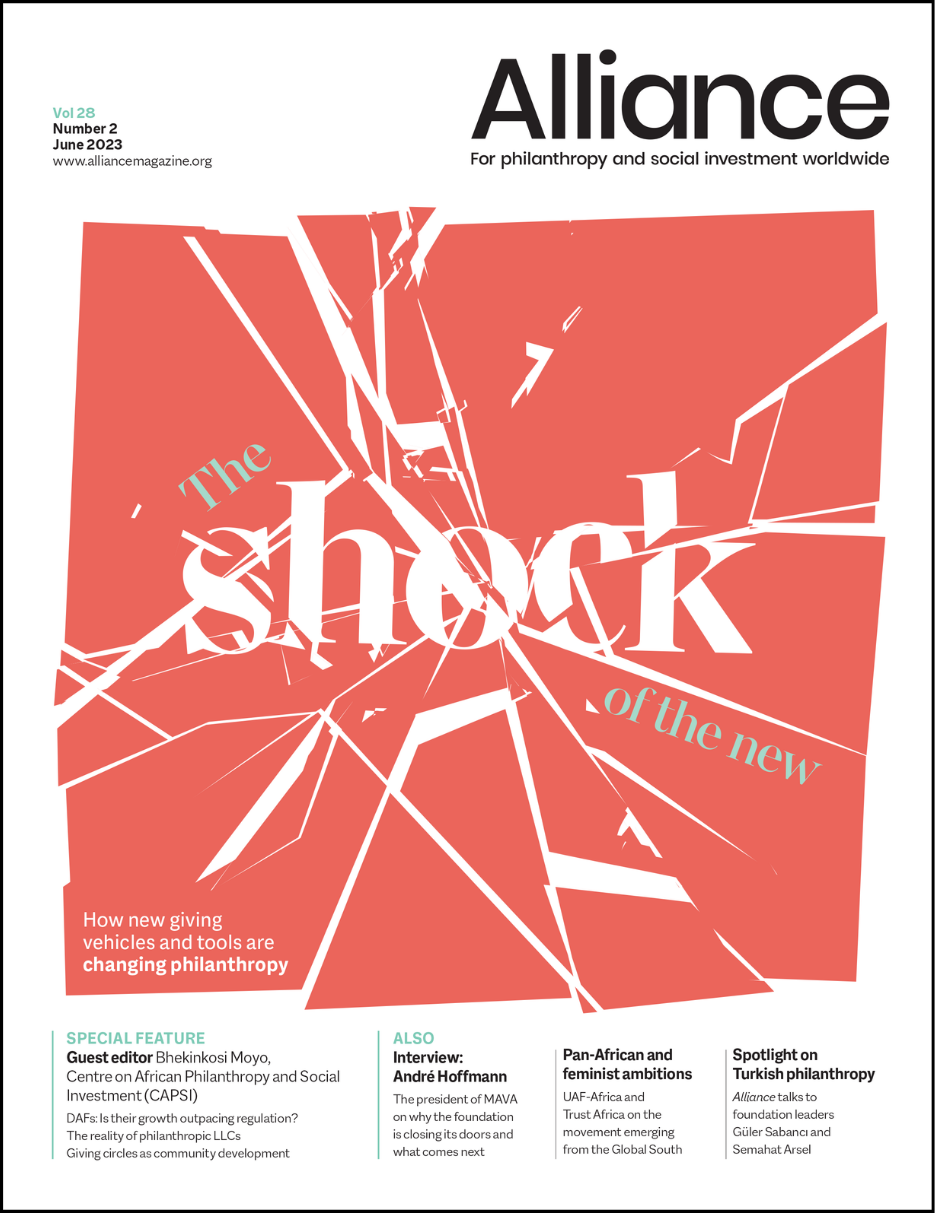Giving money is one thing, getting it to where it needs to go is another. That’s where philanthropy depends on banking infrastructure
In much of the world, it feels like payments reach their intended recipient in a matter of seconds. However, getting money into the hands of those who need it most is a complex challenge requiring the collaboration of multiple expert parties. Whilst philanthropists secure and donate funds to do good in the world, getting that value to where it’s needed is another task entirely.
Crown Agents Bank (CAB) specialises in supporting the international development sector in the world’s most complex and hard-to-reach places, places which may be facing the challenges of war or natural disaster. We work with regulators, governments and local banking partners to ensure transactions are transparent and secure and to make sure as much of the value sent by the donor as possible reaches the recipient.
Last-mile payments
It is in that ‘last mile’ that payments and foreign exchange processes are often most tested. Many donors want their funds to physically reach the hands of recipient communities as cash or mobile-money but without foundational banking infrastructure, there is no last mile. Simply getting funds into the required country at a good exchange rate may be a challenge in itself, but things become even more complex once end-of-chain recipients, often without bank accounts or formal identity documents, come into the picture. Recipients may also want the payment in cash, in-kind (eg grocery products), mobile-money or on a card. Each of these requires different specialist solutions.
The more we can demystify the space for philanthropists, the more money can be more efficiently distributed.
To meet these needs CAB has entered into a strategic partnership with technology provider, Paycode, who are making great progress in finding ways to support payments into unbanked communities, offering offline card payments and identity verification. Indeed, some donors are directly providing finance to start-ups in the space. There are solutions to the challenges of the last mile, but they are dependent on project need and context. The more we can demystify the space for philanthropists, the more money can be more efficiently distributed.
What does the infrastructure look like?
There is no one-size-fits-all solution. Paying into a mobile wallet in a western African market, for example, may be instant if the donor’s account is funded, thanks to an established telecoms operator working in a clearly regulated environment. In contrast, a requirement for a cash-in-hand solution in a rural area is far more manual. Each payment exists in a specific context, shaped by local regulation, banking infrastructure and the availability of currency.
It’s a collaborative process, involving liaison with multiple actors. On a local level, central banks, local private sector banks and regulators will be key interlocutors. Depending on whether a market is particularly sensitive or not, international regulators such as the Federal Reserve will be consulted, especially if waivers or special licences are required to pay into specific regions or countries such as Afghanistan or Syria, for example. If dollars are involved in a payment, a licensed dollar clearing partner will be required.
Many aid-recipient markets are simply deemed too risky by many banks, so those of us that are willing to take on the risk need to do so with the comfort that international actors support our efforts to keep these payment lifelines open. There is an increasing understanding in Global North capitals that some of the mechanisms created to protect global banking infrastructure are cutting off markets in need, which may push those countries onto illicit payment channels and increase the vulnerability of already vulnerable populations.
The interdependence of the sectors
Last-mile payments in the development sector demonstrate the intertwined interests of the non-profit, public and private sectors. The non-profit and government sectors provide the funds, the public sector facilitates, regulates and provides the legal certainty and the private sector’s payment rails and products actually deliver the payment.
Efforts are ultimately collaborative and driven by a higher purpose of what is right to do, not just what is profitable in the short term.
The for-profit sector’s motivations should not be immediately assumed to be profit-generation alone though. Companies like ours generate profit, but that does not stop them from being purpose-driven. The costs of unlocking some of these more challenging but economically transformative payment corridors are often so large that banks like our own cannot be driven by profit alone. Efforts are ultimately collaborative and driven by a higher purpose of what is right to do, not just what is profitable in the short term. Lines between public, private and non-profit organisations are also more blurred than might first appear. Many of the most innovative ‘private’ technology providers, who are helping to make last-mile payments easier and cheaper were supported by philanthropists in their early years.
Finally, in addition to giving money, donors also have the scope to drive positive behaviours in the sector. Given the rigour further down the payments chain, it is always worth considering the level of administrative burden on project delivery NGOs. If other parties are already doing the due diligence, there is the potential to create efficiencies. Donors could encourage payments in local currencies, for example. This supports local economies, retains more value in the region and improves the dynamic between donors who are often in the Global North and Global South recipients. By seeking to better understand the payment processes, foundations can drive improvements in the sector, helping them choose better delivery partners and maximise the use of budget.
The publication and removal of the paywall for this article was made possible by support from Crown Agents Bank.
Nkosi Moyo is head of global payments and mobile sales at Crown Agents Bank.
Email: Nkosi.Moyo@crownagentsbank.com








Comments (0)